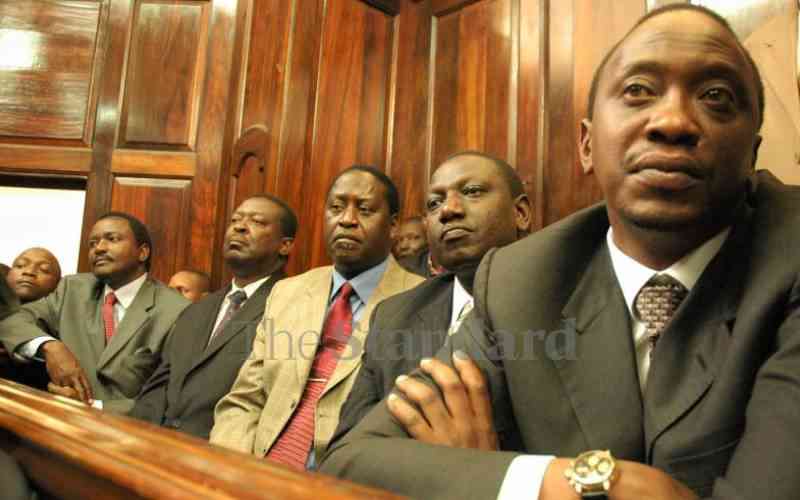×
The Standard e-Paper
Kenya’s Boldest Voice

Chinua Achebe, the celebrated African writer and novelist, once remarked that if you see a frog jumping in broad daylight, then something is after its life.
We can also surmise that when all our country's leading newspapers carry the same alarming headline as happened last week, we are hanging precariously on the edge of the cliff.